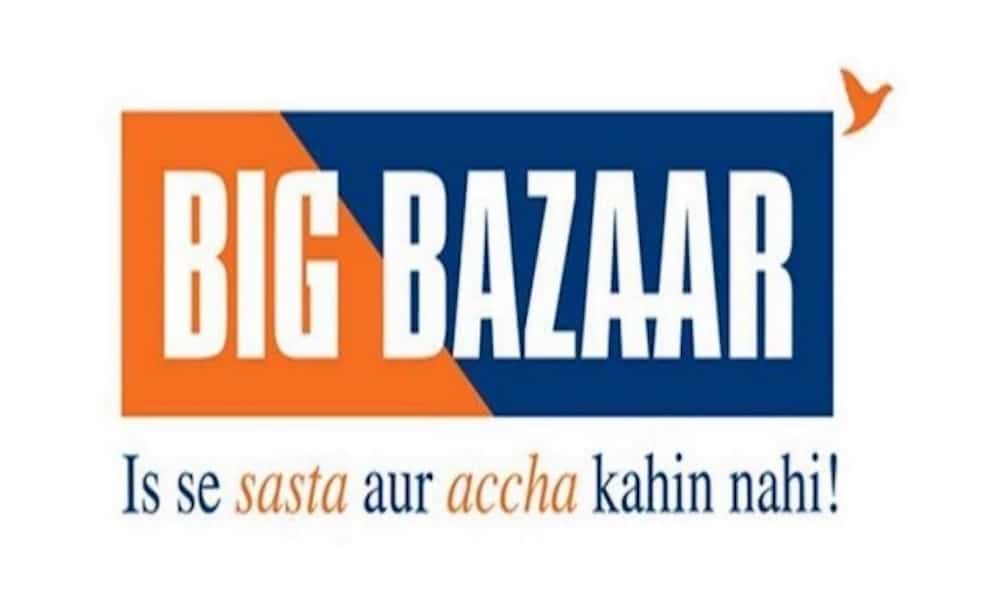BK News
Srinagar, Feb 3: With an aim to provide a foolproof online marketplace like Amazon or Flipkart, Jhelum Cart – a Srinagar-based e-commerce website – launched its app here at Aksa Mall.
The e-venture is founded by a trio of friends, Ahmed Nabeel, Naveed Qadir Wani and Arif Ahmed Najar.
“The e-marketplace aims to provide a foolproof e-commerce platform, safe and enjoyable for both buyers and sellers with themes to achieve efficiency, user-friendliness and empowerment,” said co-founder Ahmed Nabeel, presented the idea of Jhelum Cart at the inaugural function.
Nabeel toured the audience through the inception of the venture and the reasons which led him and his friends to crystallize their ideas.
“We tend to complain a lot about the lack of opportunities; however, we do not take necessary steps to create ones for ourselves and our fellow people in Kashmir, so we took a leap in the area where we found a lot of scope of doing work,” he said.
While explaining the working of the application, Nabeel said, “The interface of the application is very user-friendly which was designed while keeping in view the ease of buyers and sellers”.
It has kept the internet restraints in consideration for persistent working in Kashmir, “Since e-commerce hasn’t thrived much in the Valley because of the internet restrictions, we have made the application 2G compatible. We have designed our application on sellers model while giving two separate applications for buyers and for sellers,” he added.
The application which has WhatsApp integration also provides real-time notifications to buyers, every time a seller uploads a new product, they [buyers] have followed too. The application also provides a unique opportunity of bargaining which most other E-commerce websites do not provide, he said.
The application provides sellers with tutorial sessions on the usage of the seller dashboard to upload and manage their inventory. The application gives sellers a scope to target local, national and international customers delivering products in one day time within Srinagar area.
About 50 sellers have signed up with Jhelum Cart so far. Some of their major sellers include Kohli Brothers, Cash N Carry, Bestseller Bookstore, Shoe Universe, Black Bough, Gladsome, Apple Valley, Black Burn, Royal Life and others.
The launch was attended by local entrepreneurs, journalists and young business enthusiasts.




 Industry4 years ago
Industry4 years ago


 Economy2 years ago
Economy2 years ago


 Energy4 years ago
Energy4 years ago


 Infra4 years ago
Infra4 years ago


 AgriBiz4 years ago
AgriBiz4 years ago


 Careers4 years ago
Careers4 years ago


 Jobs4 years ago
Jobs4 years ago


 Economy4 years ago
Economy4 years ago


















